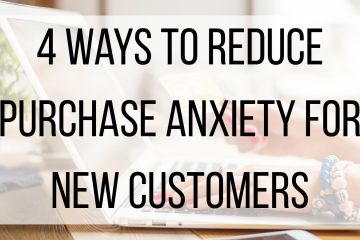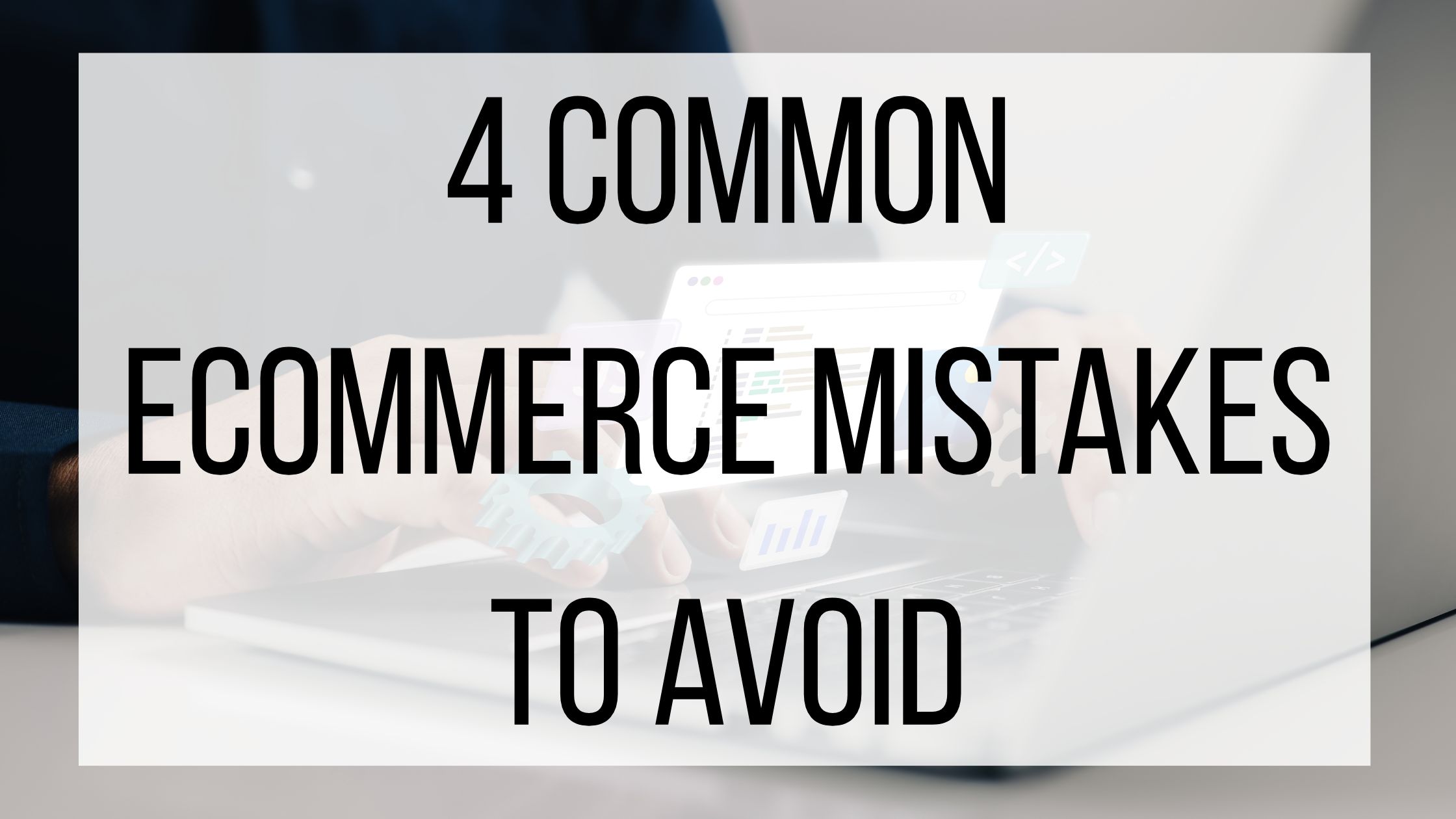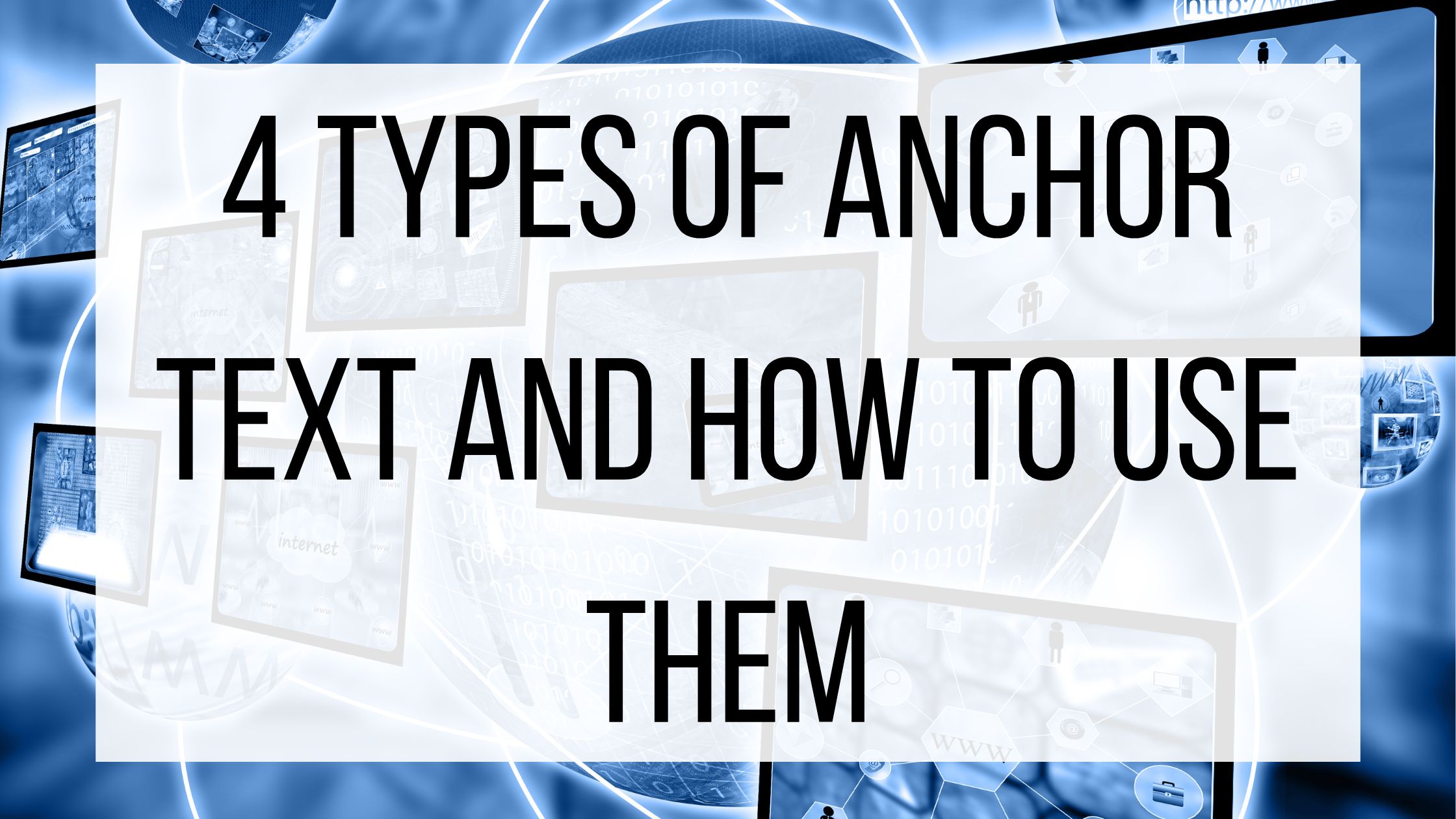Physical Products vs. Virtual Products
As the world continues to move further away from concrete products and more towards virtual products, there are some things that we need to educate ourselves on. Virtual products typically refer to software products. Examples of this would be downloadable games, phone applications, software upgrades, virtual game tokens, etc. Concrete products are the products we can buy in store and physically touch and see. Examples of this would be an actual disc video game, a phone, a computer, etc. One way to illustrate the difference between the two would be to discuss purchasing a book on your kindle vs. going to your local book store and purchasing a book. They may both give you the end result of reading the story, but the way they are delivered and stored are completely different and not interchangeable; however, they hold the same value. This means that they are both of value even though one is virtual. People tend to associate more value with concrete products because they can touch and feel it. Virtual products are also a newer concept; therefore, making it more difficult to comprehend. We will further explain the differences between software and physical products.
Although it is difficult for consumers to tie a cost to each individual software download, it does not mean there is not cost associated with the software. You see a lot more theft and illegal downloads with software because it is easier to do and people do not see it as stealing. For example, people download illegal music everyday. However, these same people would not walk into Walmart and steal a CD. They are both wrong though. Developing a software product requires a lot of upfront time and money to design, develop, and test the product. In many cases to break even on the initial investment, the software product must be sold to a large amount of consumers. The software needs to be operational to provide value to the end-user, delivering the product to the first end-user is very expensive. It is hard for people to tie a cost to something that they can not physically hold.
You cannot see the physical wear on software as you can on a physical products. This is an advantage of downloading music as opposed to buying a CD. The software cannot be damaged like a CD can be. Therefore, software lasts longer, meaning less purchases. They do require maintenance on the back end, which can cost the developer a significant amount of money and time in responding to customer e-mails, providing bug fixes, aiding with issues related to downloading, etc. While there are many advantages to purchasing software and more things will continue to become virtual, it is important to recognize that virtual games and online music are still products.
Lastly, many of the intangible products are somewhat perceived as temporary, in comparison to paper books or CDs which will not disappear if your computer crashes. They can be seen as temporary because after you use something like tokens in an online game, they are gone. However, it is similar to purchasing a consumable such as food. Just because the token is used and you haven’t been able to physically touch it or see it or keep a record of it (save it) on your computer for future use, does not mean that it did not exist or there is no significance or cost tied to it. It is comparable to eating a hamburger at Wendy’s: after you’ve bought it and eaten it (consumed the product), it is not there anymore, but that does not mean that it did not exist or that you did not receive a real product. After consuming it, you cannot save it for later, nor would Wendy’s be inclined to give you a refund, since you already ate it (used the product to its full extent). As technology continues to advance, we will see more and more products move to become virtual products. It is important to understand the value of virtual products and that they are real products even though they cannot be held or touched.





1 Comment
khodadoost · August 21, 2018 at 2:42 am
That’s sound graet… Thank you.